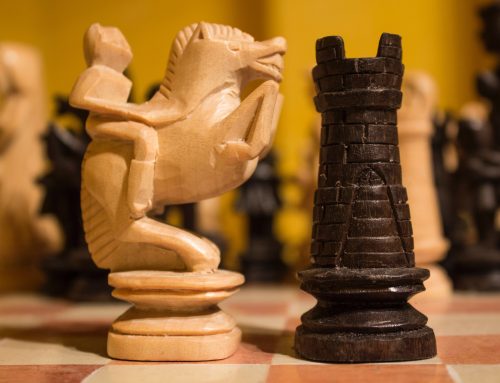The other night I was having a drink with two friends who, like me, had spent most of their lives away from home.
One of them expressed surprise and some disgust at how he still had those old, familiar, and un-evolved reactions to people who exhibited the same small mindedness and prejudice he experienced as a teenager.
My other friend and I both empathised as we could say the same.
On the one hand we all feel a certain mixture of anger, sadness and disappointment that those old attitudes still existed on a massive scale in our home town, and on the other hand we had real feelings of surprise and almost dismay that we hadn’t mastered our own reactions to those negative attitudes.
We didn’t grow so much as escape
We all would like to think that as educated, well-traveled mature adults that we have grown and the sad truth is that’s not always the case.
We can tell that we haven’t when we’re confronted with an old familiar situation e.g. the tone of voice, roll of eyes of a parent, or sibling etc., and find that it triggers the same feelings of impotence, and frustration that we had to them two, three or more decades ago.
How could this be, when we hadn’t experienced those emotions for so many years?
The answer is we merely escaped those situations, those inputs that caused us to feel weak, powerless, angry, frustrated etc. We didn’t stay to engage, learn and change those situations and ourselves, but in fact merely avoided those situations and sought new ones that didn’t elicit those unpleasant feelings within ourselves.
Some people might even acknowledge running away.
Escape is an effective strategy
There is nothing wrong with escape. Single cell animals like amoebas and protozoans (if I remember my high school biology correctly) deal with unpleasant situations by heading in the opposite direction.
They don’t typically hang around and try to negotiate a better outcome.
But not always
Yet escape is not an effective strategy when it simply postpones an eventual reckoning i.e. when it merely delays having to deal with something that you cannot avoid e.g. being responsible for your life, or it costs you something that is of great value to you in the long run e.g. a relationship with a parent, sibling, child or spouse.
History repeats
In some spiritual teachings it is said that if you don’t learn the lesson, life will simply keep you repeating the same class until you do.
That’s why people keep having the same job/relationship experiences over and over again. Seems some things you can’t escape.
Growth only comes from practice
And practice means constant engagement with an intention to improve.
It’s clear that my friends and I have grown tremendously in many areas of life, but in some old familiar situations we simply avoided engagement; and now that we’re back in those situations again we find that now we either have to find more local ways to avoid them, or finally engage with them and really grow. The choice is ours, … and yours.





Any thoughts? Contributions/acknowledgments welcome.